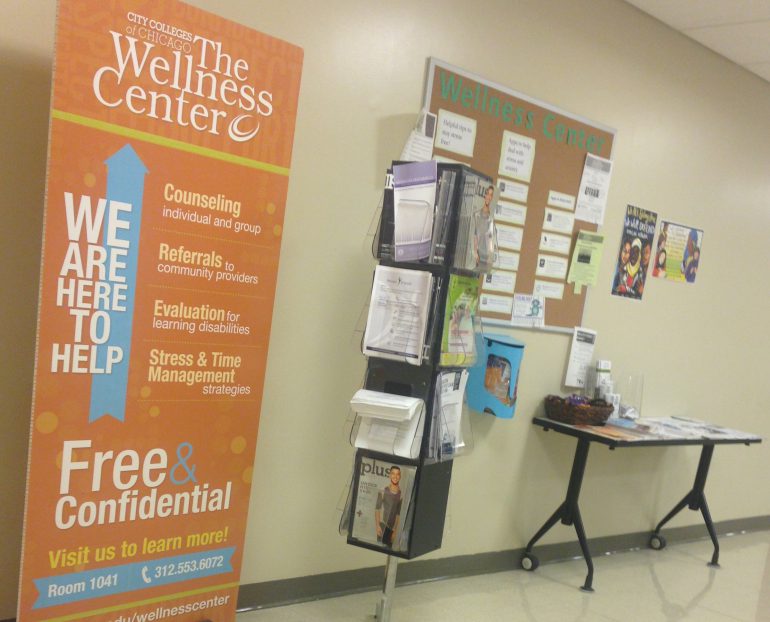
October 10th: World Mental Health Day
October 10th is a day extremely important in bringing awareness to mental health. Over the years, this topic has become increasingly important as more and more people have been affected by issues surrounding mental health. If you haven’t been affected by mental health issues, chances are you know someone who has been. Each year, many college students experience mental health challenges that can be crippling to their quality of life. Raising awareness can help end the stigma surrounding mental health challenges.
Mental Health Is Hard to See
When you have a physical injury like a broken arm, it is usually visible to everyone; you can easily go to the doctor and get it fixed. However, it can be much more difficult to notice and fix a mental “injury”. Mental illness is often not noticeable to someone from the outside. This is why it is so important that more awareness is brought to mental health so that people will become more comfortable with speaking up about their struggles.
It Can’t Stay “All in Our Head”
Being self-aware can help you better assess your own mental health so that you can seek help when you feel less like yourself. Therapy is a great way to get started and can help you deal with life changes and better understand why you feel the way that you do. Someone who isn’t your friend or family member may be able to provide more objective feedback. Additionally, it is important to look out for your friends and family and make sure they’re okay when you notice them acting different. It is vital that your loved ones know that you care about them and that there are resources there for them if they need help.
Destigmatize Mental Health by Building Awareness
Overall, mental health is something that is still very stigmatized and oftentimes overlooked. The consequences of untreated mental health conditions can be severe which is why it is critical that people educate themselves on the matter and seek help when necessary. Showing the people around you that you care about them along with being understanding when someone comes to you with their struggles can make a world of a difference. World Mental Health Day is a great day to start becoming an advocate for mental health awareness.
Do you have a compelling story or student success tips you’d like to see published on the Pearson Students blog? If you are a college student and interested in writing for us – click here to pitch your idea and get started!


